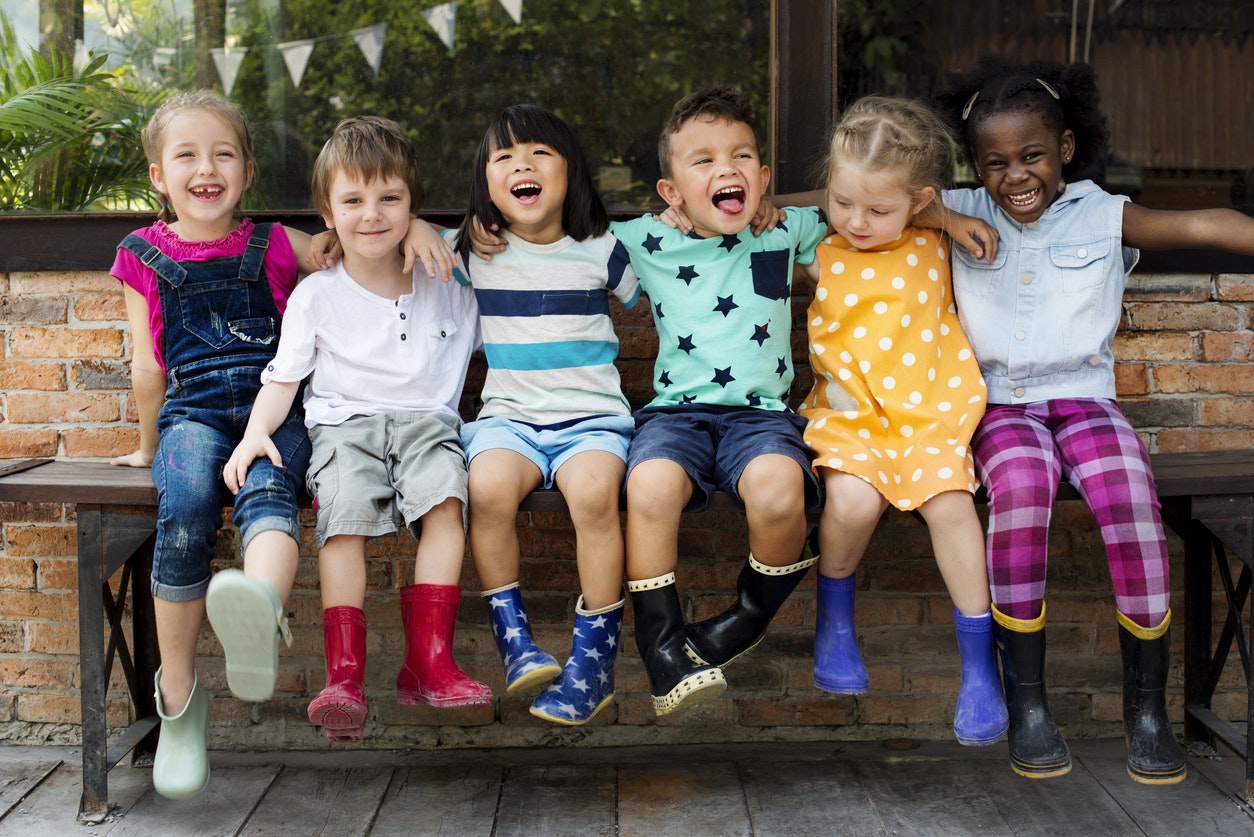Helping Your Child Prepare for Summer Camp: A Guide to Managing Homesickness
Written by: Brooke Edelman, Ph.D.
Date: May 02, 2025

Summer camp can be one of the most exciting and empowering parts of childhood. It’s a place for new friendships, adventures, and personal growth. But for many kids (parents too!) the transition away from home comes with some big feelings. Here is the truth: homesickness is completely normal. And it’s also a feeling your child can and will learn to move through. With preparation and a mindset shift, your child can develop the confidence to handle homesickness. Read below for some concrete strategies to support your camper:
Anticipate Homesickness and Talk About It Openly
It’s common for kids to feel some sadness or worry about leaving home. Rather than avoiding the topic, create an open space to talk about it.
- Provide some basic information about homesickness: It's common, typically fades after a little while, and often is worse during downtime.
- Normalize the range of feelings that often accompany homesickness – such as sadness, worry, guilt, anticipation – because kids process their emotions best when they are able to name what they are experiencing and feel validated by those around them.
Rather than treating homesickness like a problem to solve, help your child see it as a feeling that will rise and fall like a wave in the ocean. It might feel big at first, but it won’t last forever. Homesickness doesn’t mean your child can’t also be excited, laugh, and make memories while at camp.
Practice Coping
In the weeks leading up to camp, help your child practice being away from home in small, manageable ways. Sleepovers at a friend’s house or a weekend with relatives provide a gentle opportunity for them to adjust to time away from family. You can also help your child develop a concrete coping plan to use at camp. Here are two ideas:
1. Create a Coping Kit
- A Coping Kit is a personalized toolkit that your child can use to help manage feelings of homesickness, anxiety, or stress while at camp. Involve your child in brainstorming things to include in the kit – comforting items like a family photo, a pre-written letter from home, or a preferred book or quiet activity can be quite helpful.
- Work with your child to create a list of coping strategies that work for them (bonus for practicing using these skills ahead of time). Include ideas like breathing exercises or coping statements. For younger children, it can be helpful to include a “bravery tracker” to visually mark off brave moments and build confidence.
2. Encourage “Opposite Action”
- When your child feels homesick, encourage them to act instead of retreat. Talk about doing the opposite of what homesickness wants you to do – so, instead of lying in bed or staying isolated, join a group activity, take a walk, ask a friend to play a game. These actions help to shift focus and engage with the surroundings.
- When kids stay busy and involved, there is less time to think about missing home and more time to connect with camp activities, friends, and new experiences.
Stay Positive and Keep Communication Light
The tone and frequency of caregivers’ communication plays a big role in how children adjust to camp. While it’s important to stay connected, it’s equally important to maintain a positive, supportive stance.
- Avoid language that is overly emotional – instead, aim for language that is supportive, positive, and empowering.
- Focus on the positive aspects of the experience—the fun activities they’ve done, the new friends they’ve met, and the things they’ve learned.
- Try to follow the camp’s guidelines for communications – calling or writing too often can reinforce homesickness and disrupt your child’s ability to fully engage in the camp experience.
Avoid Making “Pick-Up Deals”
It’s SO tempting to say things like, “If you’re feeling homesick, we’ll come pick you up early.” However, making these kinds of promises can actually increase anxiety by sending the message that homesickness is something to avoid at all costs (instead of something that is uncomfortable but can be tolerated). We know that homesickness tends to decrease the longer a child stays at camp, so offering an early pick-up prevents a child from fully experiencing the growth that comes from sticking with the session.
Try this Instead!
- Encourage your child to stay the course and remind them that it’s normal to feel homesick, but those feelings will likely pass.
- Reinforce the idea that you’re proud of their bravery and that they have the ability to handle the challenge.
Manage Your Feelings
It’s totally normal for you to have mixed emotions about sending your child off to camp. But remember that your child takes their emotional cues from you. If you’re confident, calm, and warm, they’ll feel more secure in the transition.
Try to remind yourself of the reason you sent your child to camp in the first place:
- to build independence
- make friendships
- learn new things.
In Closing
Homesickness isn’t something to avoid—it’s something to expect, prepare for, and move through. So, give your child a hug, cheer them on, and let them know: “You’ve got this—and I can’t wait to hear all about it.”
What's on your mind today?